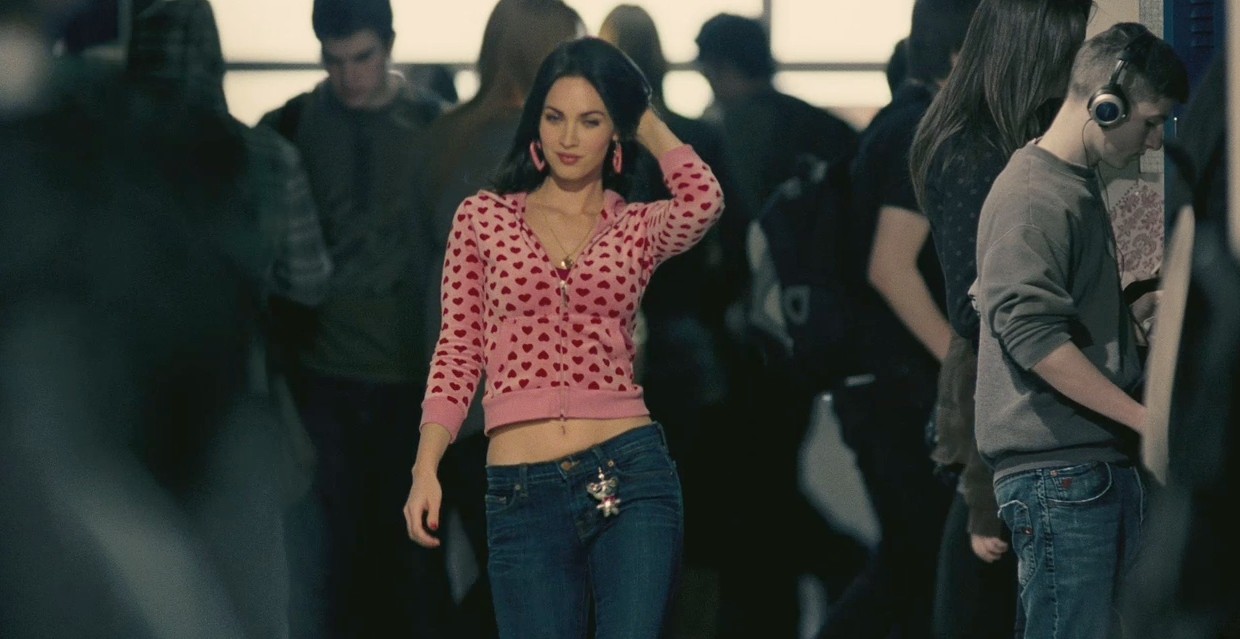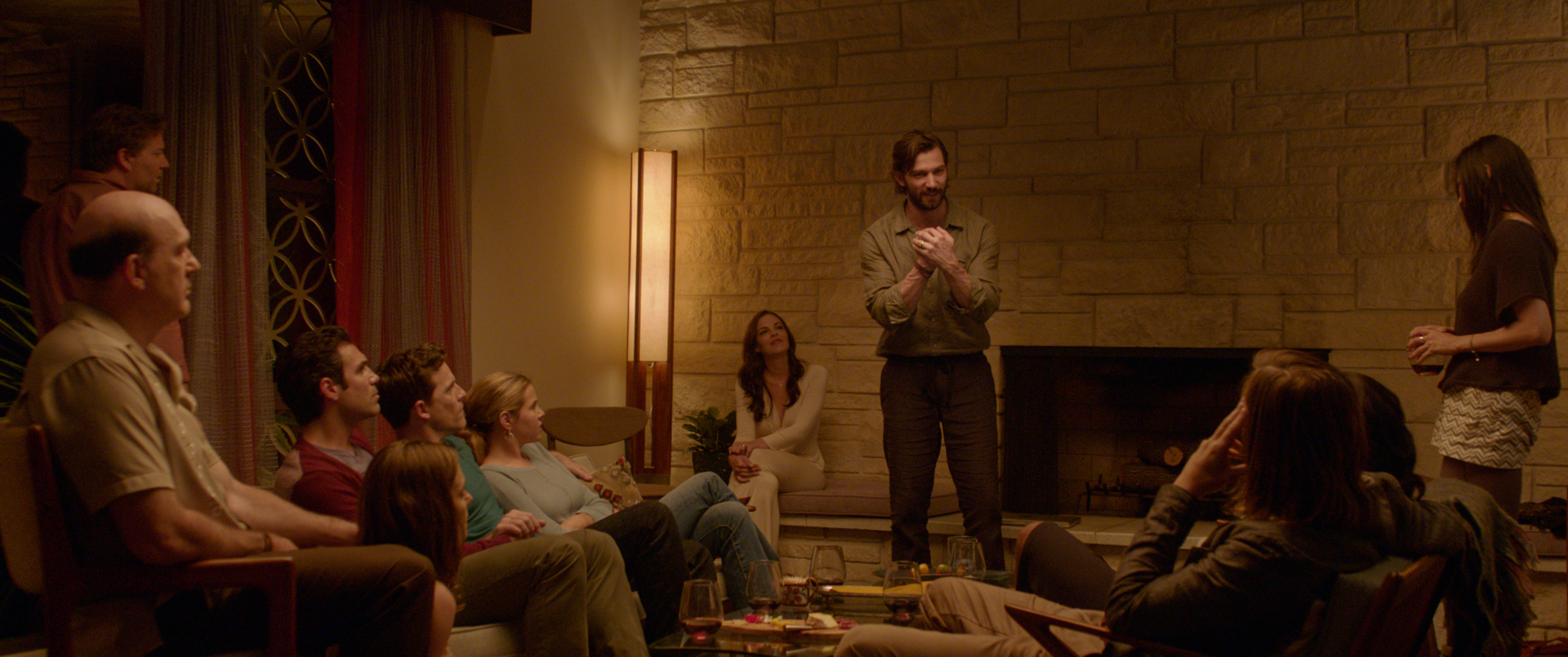By Susan Kouguell
At the 2016 Athena Film Festival held at Barnard College in New York City, writer and director Karyn Kusama presented a Master Class in directing. Offering honest and often humorous anecdotes about working and surviving in the film industry, (it took her ten years after graduating from NYU film school to find representation), Kusama shared insightful advice to the audience of screenwriters and filmmakers.
Kusama wrote and directed her first feature film, “Girlfight,” in 1999, which won the Director’s Prize and shared the Grand Jury Prize at the 2000 Sundance Film Festival. In 2004, Karyn directed the science fiction love story “Aeon Flux” for Paramount Pictures and her third feature, comedy-horror film “Jennifer’s Body,” written by Diablo Cody, was released by Twentieth Century Fox. Her latest feature, “The Invitation,” won the Grand Prize at the Sitges Film Festival, among other awards, and will be released in March 2016 by Drafthouse Films. Kusama’s television directing credits include “Billions” and “The Man in High Castle.”
Emphasizing the importance of being authentic and bringing something different into the room (a meeting, on a film set), Kusama stated, “Know how to say no and be specific on what you need. All these things take practice. ”
About “Girlfight”
“I was open and willing to sit with studio heads. I kept hearing the words ‘NO’ and ‘WHY’? People couldn’t wrap themselves around the story. ‘Why does this Latina need to be a boxer? Can she be a grownup white girl?’ I was more interested in the girls I rode the subway with every day. I started boxing myself in a well-known gym called Gleason’s, and saw a lot of guys who found so much family and serenity in the ring, and I thought what an incredible opportunity it was giving them. What about their sisters and girlfriends? Boxing is almost its own trope. “
I was open and willing to sit with studio heads. I kept hearing the words ‘NO’ and ‘WHY’? People couldn’t wrap themselves around the story. ‘Why does this
Latina need to be a boxer? Can she be a grownup white girl?’ I was more interested in the girls I rode the subway with every day. I started boxing myself
in a well-known gym called Gleason’s, and saw a lot of guys who found so much family and serenity in the ring, and I thought what an incredible opportunity
it was giving them. What about their sisters and girlfriends? Boxing is almost its own trope. “
The Studio’s Genre Shift for “Jennifer’s Body”

“It was a horror film and a girl comedy. My pitch to the studio was: ‘It’s a horror movie about toxic female friendships and when they get too close it’s
monstrous.’ As I was shooting the film, Screen Gems Studios released a remake of “Prom Night.” It was #1 of the weekend and I got a call from the
Fox executives — they said ‘We want to be sure you understand your film is a horror film.’ If your movie is framed as a lie, people smell a rat. And I was
like — my movie is not a rat. I couldn’t communicate that; I was just the director.”
Film Marketing

“The notion of marketing, the expense of getting films out to the public is as big a part of the conversation itself. It’s disheartening to have to talk
about how you frame something, and how essentially you reduce something in meaning, but ultimately, the better you can be at saying, ‘This is what this
thing is. This is how it reaches people. This is who it reaches,’ — the more you can articulate that to another person, the better. It makes them feel
like they’re in good hands and also it helps you understand the thing you’re making.”
Directing for Television

“I don’t feel any sense of snobbery anymore directing for television. There’s value in all stories and in all sorts of forms. As the director, you are
executing a vision that is the vision of the show. As much as you’re given some freedoms, you’re still working in that vision. “
Getting Screenplay Feedback
“If you feel that there’s some truth to what others are saying, listen. There’s no shame in walking away from something (a script) that’s going to pull you
down to the bottom of the ocean and make you drown. Perseverance is key.”
Working in and Surviving the Film Business
“If you don’t have the stamina for it and you can’t enjoy the process itself, and can’t find an interesting challenge in what feels like getting punched in
the face routinely or having a sense of failure, then this isn’t the job for you. Because what you’re facing all the time are obstacles and people saying
“no” to you. ‘No, terrible idea. No, hasn’t been done. No it has been done.’ All of these reasons. You just have to get used to people saying “No.” It’s
part of the process. I understand that NO is part of the process. I have to learn when I want to say, ‘No not for me.’
It’s important what stories you want to tell and not about who you want to be. There’s a lot of aspirational language; look at your gut and look into your
heart about what you enjoy.
Find your creative tribe and work with others who share your sensibility.”
To learn more about the Athena Film Festival: http://athenafilmfestival.com/
READ MORE HERE





